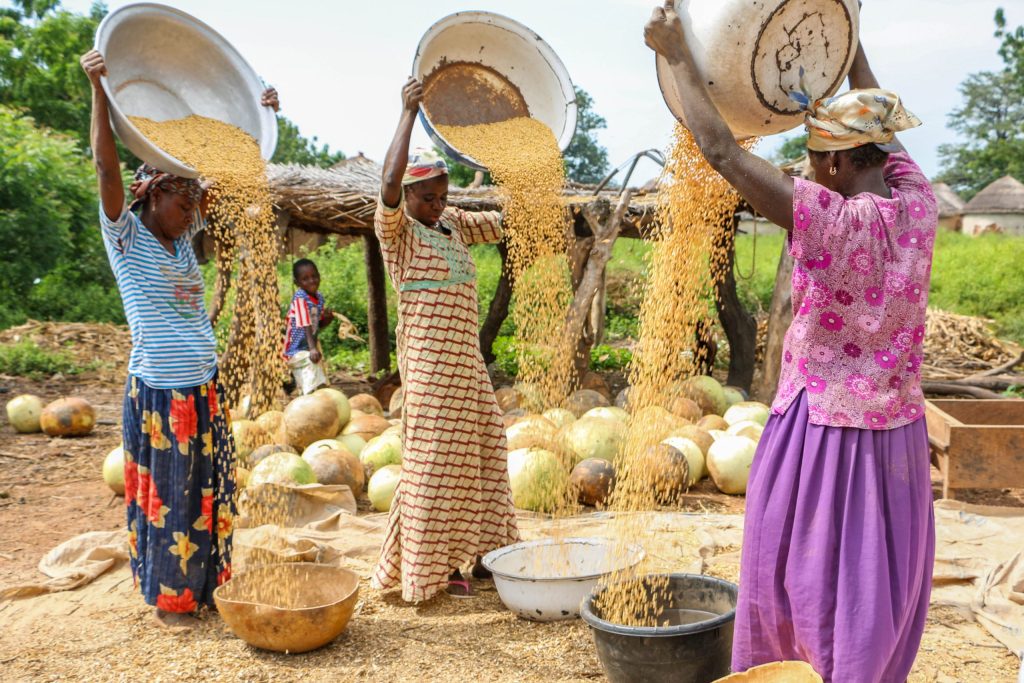
Enhancing Competitiveness of Agri-food Industry and Mitigating the Impact of Global Crises for Improved Food Security in the East African Community Region

Overview: The East African Business Council (EABC), in collaboration with Sequa GmbH under the Business Scouts Fund, has undertaken a comprehensive project aimed at addressing the multifaceted challenges facing the East African region. Titled “Enhancing Competitiveness of Agri-food Industry and Mitigating the Impact of Global Crises to Improve Food Security in the EAC Region,” the project focuses on responding to the disruptions caused by Covid-19, Conflict, and Climate Change.
Objectives:
- Assess the Impact of Global Crises on Food Security in the EAC Region.
- Identify and Profile Investment Opportunities in Selected Agriculture Value Chains.
- Strengthen the capacity of agri-actors in the EAC region through Master Trainers Capacity-Building Workshops on EAC Export Procedures and Contract Farming.
Key Components:
Webinars and Studies:
- Conducted studies and webinars to analyze the impact of global crises on food security in the EAC region.
- Explored investment opportunities in selected agriculture value chains.
- Provided a platform for stakeholders, including government officials, agribusiness actors, women, SMEs, and youth, to discuss food security and propose policy recommendations.
-
Master Trainers Capacity-Building Workshops:
- Collaborated with key stakeholders such as the East African Grain Council (EAGC), East African Farmers Federation (EAFF), and National Apex Private Sector Associations.
- Organized workshops on EAC Export Procedures and Contract Farming, empowering 38 association experts in agri-value chain sectors (13 women and 25 men).
- The trained experts played a pivotal role in organizing subsequent national-level trainings.
-
Country-Level Training on Contract Farming:
- Trained over 245 agri-actors from seven East African countries, including youth and women cooperatives, farmers, exporters, and manufacturers.
- Focused on principles, processes, and best practices of contract farming.
- Enabled participants to negotiate fair contracts, understand rights and responsibilities, and manage various aspects such as quality control, pricing mechanisms, and dispute resolution.
-
Country-Level Training on EAC Export Procedures:
- Conducted national training workshops on EAC export procedures for food.
- Equipped agri-actors with knowledge of rules, regulations, and quality standards governing food exports in the region.
- Emphasized compliance, risk management strategies, logistics, and export financing options.
- Provided insights into leveraging preferential trade agreements like the EAC Common Market Protocol for tariff reductions and preferential market access.
